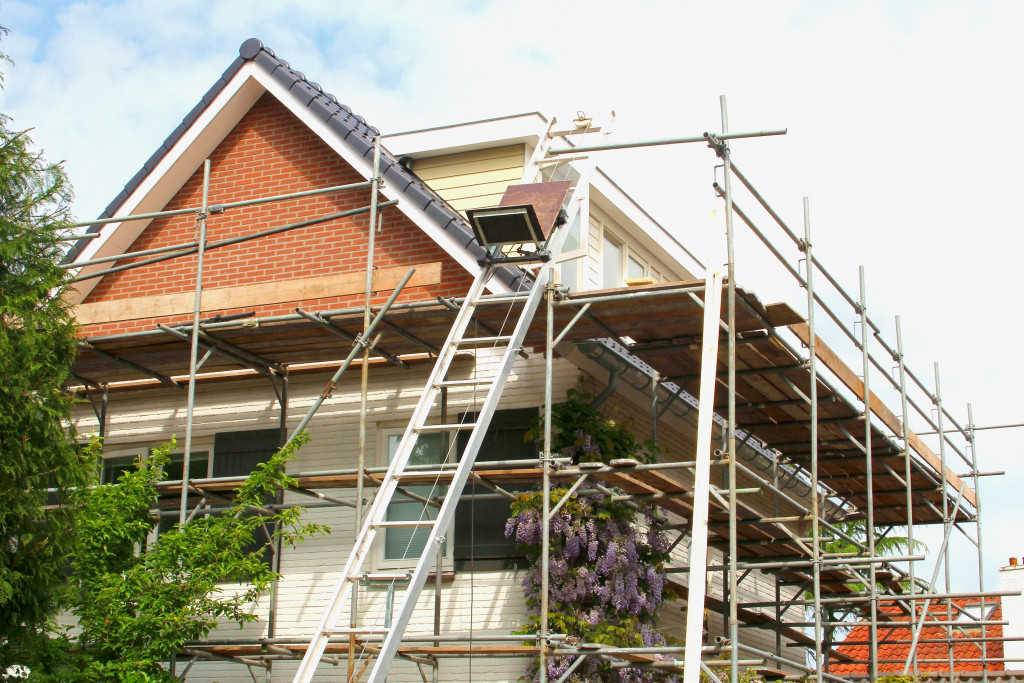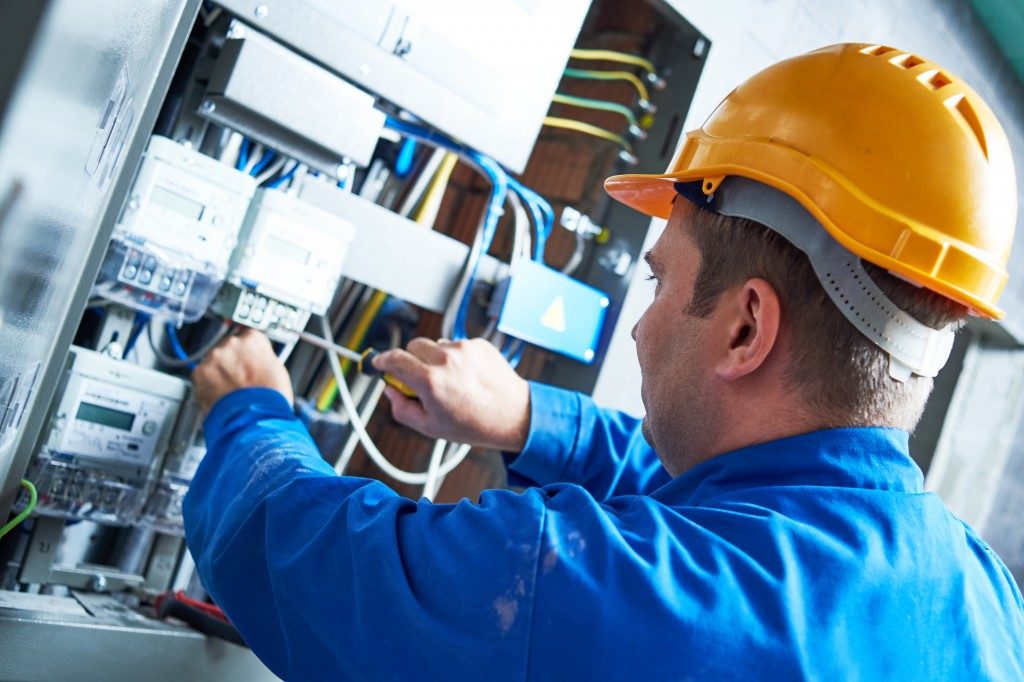Space is expensive. And amid a pandemic, space has become one of the most important luxuries a person could have. Whether you’re looking for a new home or finding a spot that could help generate money, you’d still have to shell out quite a lot to get what you want. Luckily, there is a way to balance out the expenses and even save some money.
The conversion of residential spaces into storefronts and other business opportunities is making a comeback. People are once again realizing how financially wise home-to-business conversion is.
And here’s why:
House maintenance costs less than commercial properties. It’s especially ideal since you’d save more by paying for two in one go. The hidden daily operational expenses like commuting would also be lessened. And most importantly, acquiring residential property is a lot cheaper than commercial ones. There are multiple budget-friendly ways of getting financial back up like Hybrid ARM, FHA, and USDA loans. By availing of such loans, you’d still have enough budget to spare for your business operations.
But no matter how appealing it sounds, just like every other business opportunity, this also comes with risks. And to minimize the chances of failure, here are the six steps you have to take:
Get your permits.
Before doing anything else, make sure you check every legal angle of your plans. Legal restrictions can come back and haunt you if you don’t take care of it right away. Check the zoning ordinances in your area and ensure that the property is safe for commercial use. You should also check the building code to avoid future complications.
Getting fire safety and sanitation permits as early as possible is also essential in avoiding bigger expenses. And last but definitely not the least, make sure you get your business license and permit. You wouldn’t want to pay a civil penalty just because you got lazy.

Make sure your business is covered by insurance.
Your home insurance will only cover the house. Your products and equipment will not be safe unless you get separate business insurance. Analyze the most common risks your type of business operation faces and the factors that affect your insurance rates.
Remember not to cheap out on insurance. Luckily, you’d never have to use it but in case you would, having insurance coverage would minimize your losses.
Make your renovation budget-friendly.
Repurposing a residential property can be costly. But there is always a work-a-round. First things first, DIY what you can. Hiring contractors is inevitable but you can lower their fee by doing some tasks that you can do on your own.
You can also lessen your construction expenses by recycling the stable materials found in the old setup. You can reuse cement, steel grills, and even wood. Just make sure everything is still sturdy for your safety.
Pace your designs.
Setting up your business is exciting. And there’s nothing more thrilling than decorating your fully renovated spot. However, going over budget is not an option as you start your business. Focus on the essentials for your operations first. You can always get more décor and furniture as you go. This way, you’d give yourself the flexibility to adjust to your sales.
Invest in security.
More than having insurance covering possible losses, you should also actively get your defenses up. Commercial buildings often have security measures built in. But since you won’t have that, it would be wiser to enhance the security for both your house and your shop. A couple of security cameras and entry point alarms won’t hurt your budget that much.
Pro-tip: Getting your finances digitalized immediately is also a good option. There will be a thinner margin for financial losses due to petty neighborhood crime.
Draw a line between business and pleasure.
Having your business at home can be quite problematic if you don’t know how to separate your professional life from your personal. Establish clear areas for work and for your personal life to avoid early burnout. This is especially important if you’re not living alone.
If you plan to go big, then you have to make sure you got the logistics covered. Getting remote storage is vital for the safety of your operation and the mental stability of those living with you. Remember that clutter is never good.
Converting your house into a money-generating property is both rewarding and exciting. But as stated above, there are still risks. Do your research thoroughly to ensure your success.




